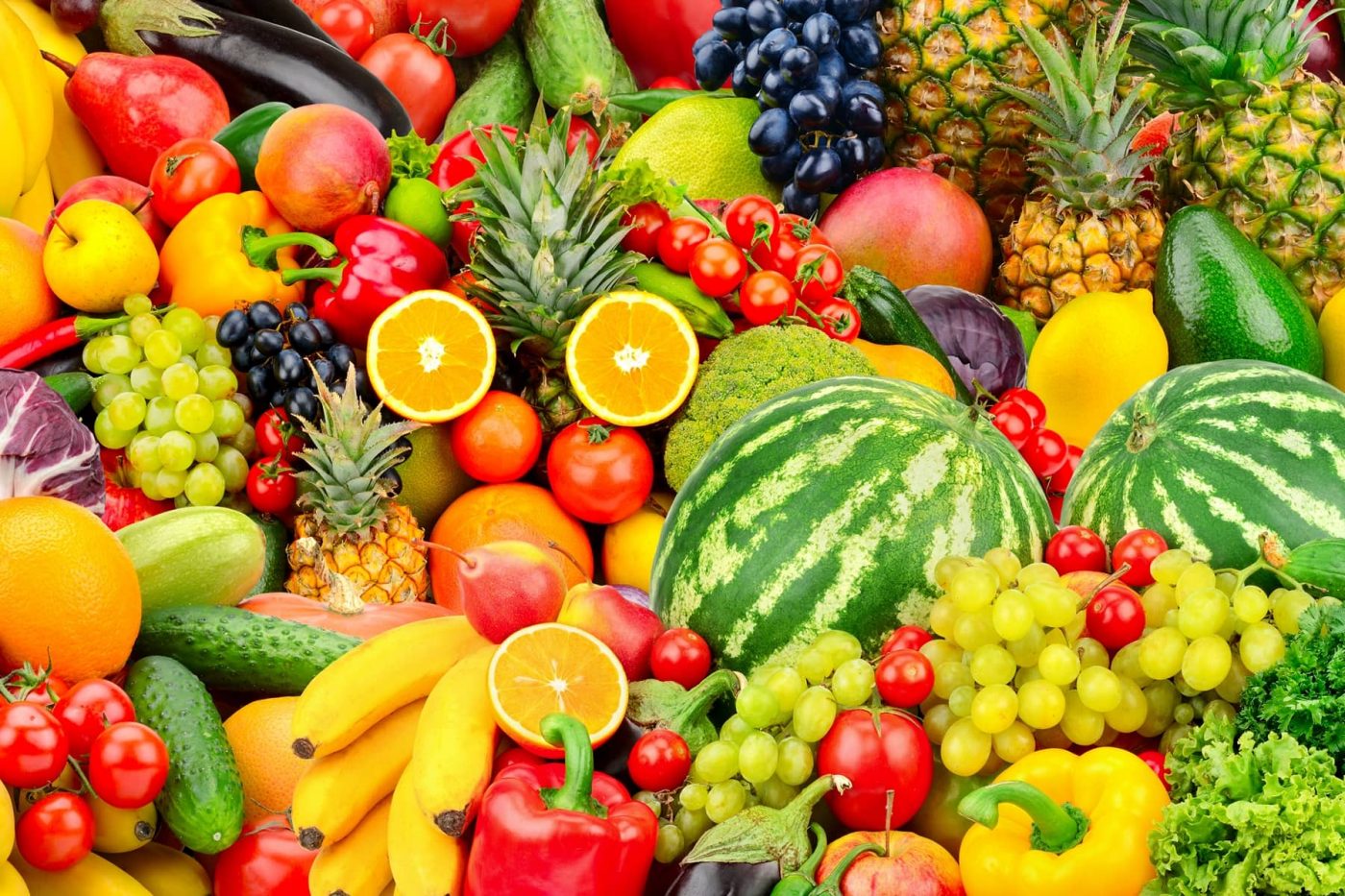

Diabetes is emerging to be one of the most prevalent health conditions around the world. According to a study, around 98 million Indians are at risk of developing diabetes by the year 2030. Diabetics need to be very cautious with what they include in their diet. While we know that junk food, processed food, and sugary goods can cause immense blood sugar fluctuations, but did you know that some of the healthiest fruits too could take your blood sugar levels for a toss. You must have heard of starchy and non-starchy foods. If you are a diabetic, you must know about the carb content of the fruits that you're eating. Here are some tips you should know about if you are planning to include different types of fruits in your diabetes diet.
1. Go for fruits with low glycemic index: The glycemic index (GI) is a relative ranking of carbohydrate in foods according to how they affect blood glucose levels. Eating high glycemic index foods tend to spike your blood glucose levels. On the other hand, consuming foods that have low GI index enables slow release of sugar in the bloodstream. Fruits like guavas, apples, pears, and grapefruit are all low glycemic fruits you can have in moderation.
2. Do not go for overripe fruits: Overripe fruits tend to be much denser in sugar than the raw or perfectly ripe ones. Therefore, it is best to avoid them if you are a diabetic.
3. Some healthy fruits can also prove to be risky: Fruits are indeed a healthy addition to any diet, but sometimes even the healthiest of fruits could cause an upsurge in blood sugar levels. Fruits like melons, watermelons, mangoes and chikoo are packed with healthful nutrients and antioxidants, but diabetics need to be very careful with these fruits as they also have high natural sugar content. If you like to snack on these fruits, make sure you balance them well with low-carb, low-sugar fruits and nuts too.
4. Do not juice your fruits: It is best to eat your fruits whole. It is a good way to ensure that all good fibres are going inside your body. Fibres take the longest time to digest; since they take a while to breakdown and metabolise, fibre tends to prevent sugar spikes. If you juice your fruits, you lose out on a considerable amount of fibres. It is also a wise idea to avoid market-based juices as they are often concentrated with sugar and artificial sweeteners.
5. Try to have fruits with their peel on: Fruit peels contain a significant chunk of fibres; hence, you should try to have fruits with their peel on, whenever and wherever you can. For instance, apples, pears, guava, plums should be consumed without peeling.
6. Diabetics should not have dried fruits like raisins, prunes, dried peaches. According to consultant nutritionist Dr. Rupali Datta, "One should ideally avoid dry fruits as they are concentrated versions of fresh fruits. Naturally then, in these concentrated forms, everything goes up. The sugar levels, the glycemic index."
Take note of these points, and if you happen to see any abnormal fluctuations in your blood sugar levels, consult an expert.






